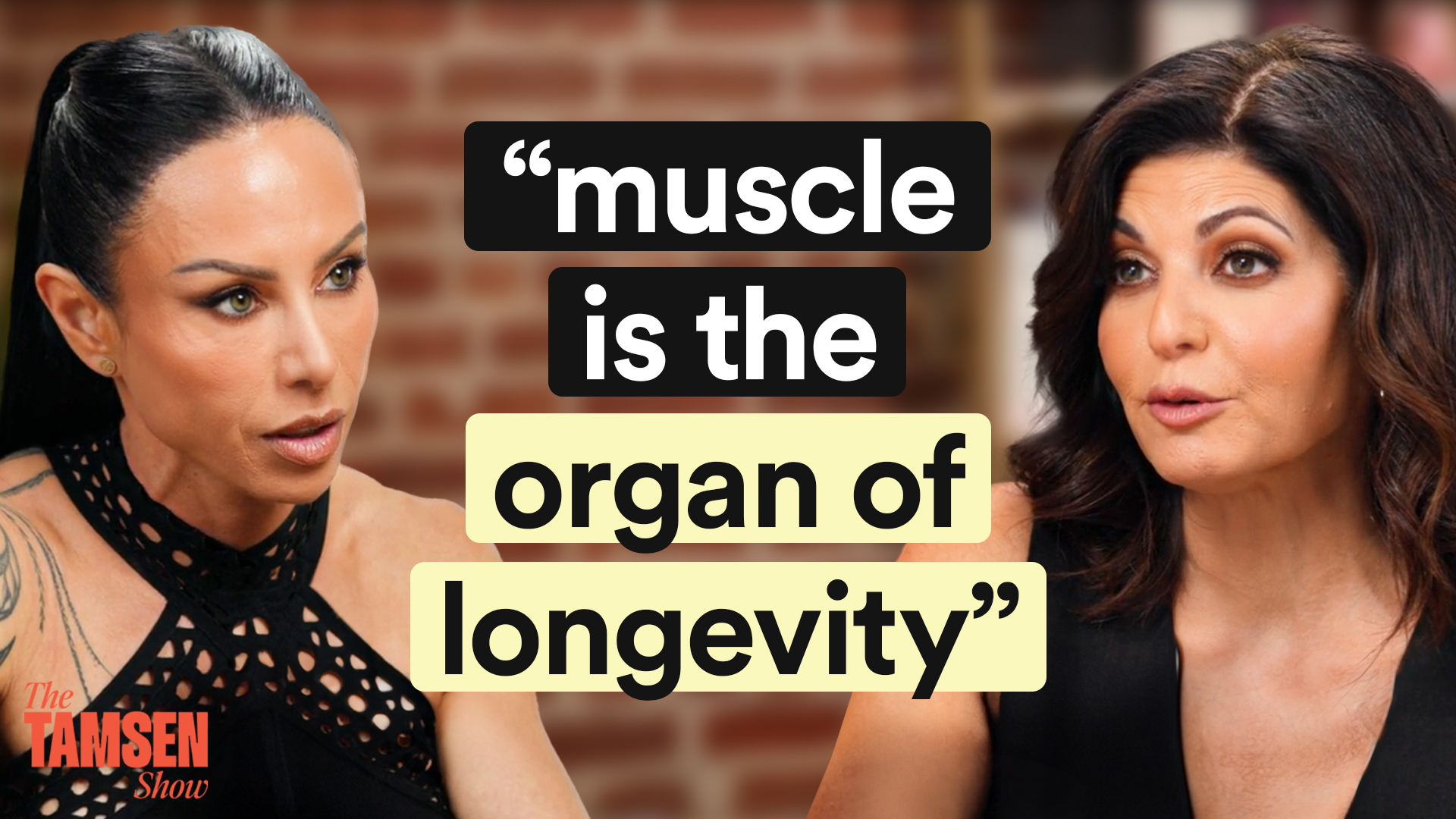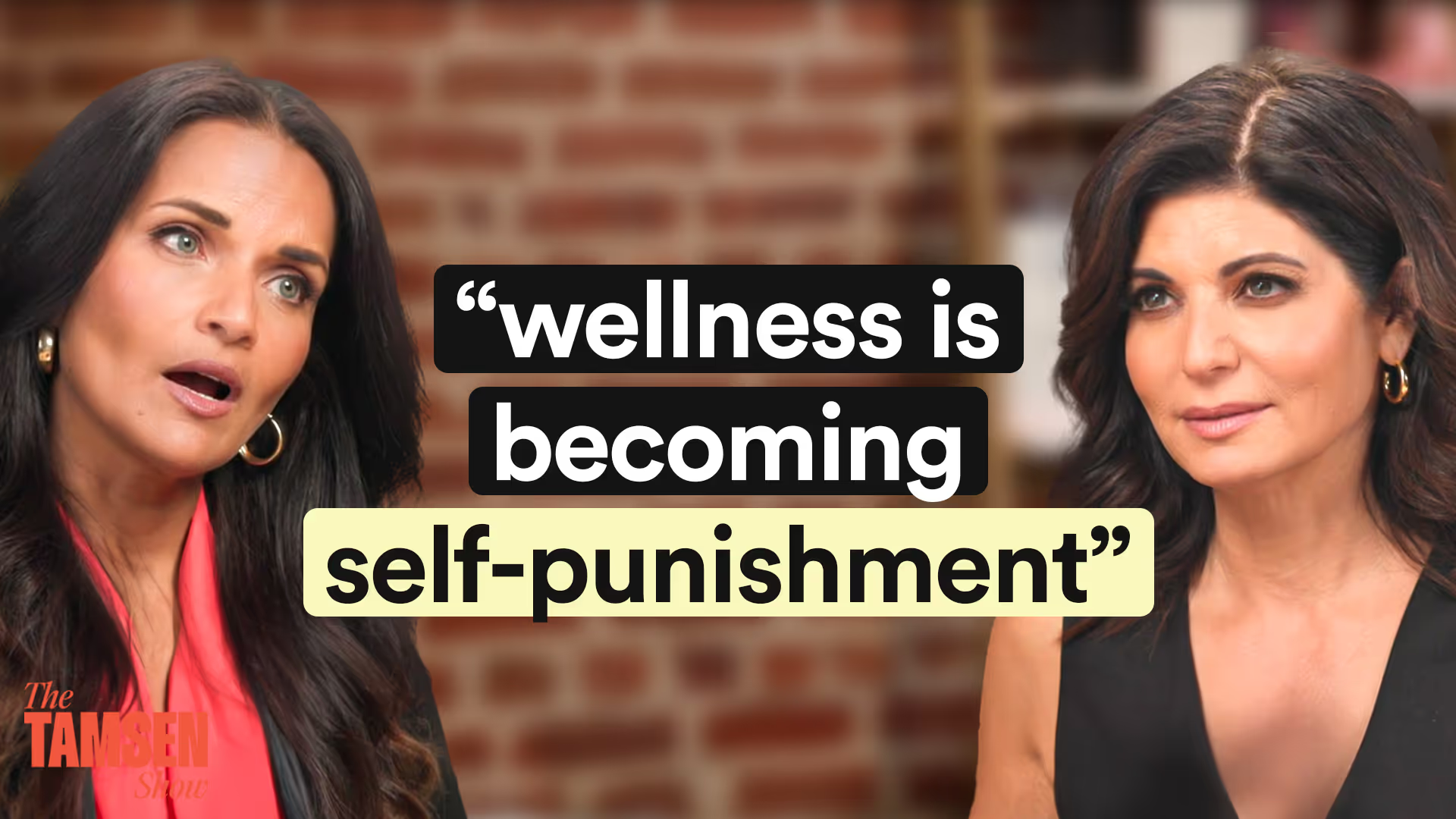Itchy skin during menopause can be particularly annoying and persistent. I've experienced those moments of relentless itching that seem to come out of nowhere, especially when trying to sleep, and it's incredibly frustrating. During menopause, significant hormonal changes occur, particularly the decline in estrogen levels. Estrogen plays a crucial role in maintaining skin hydration and elasticity. When estrogen levels drop, the skin can become dry, thin, and less elastic, leading to itching and irritation. Additionally, menopause can affect the body's ability to retain moisture, making the skin more prone to dryness and itching. Understanding these changes is key to finding effective ways to manage itchy skin. By addressing these hormonal shifts and focusing on skin care, you can alleviate discomfort and improve your overall quality of life during this transitional phase.
How can I deal with itchy skin during menopause?
Maintain a good skincare routine
Use gentle, fragrance-free cleansers that don’t strip the skin of its natural oils, these oils are essential to hydrated skin. Also, when cleansing your face use lukewarm water instead of hot to avoid further drying out your skin. Ultimately, moisturized, hydrated skin is the name of the game. Regularly apply a thick, hydrating moisturizer immediately after bathing to lock in moisture; products containing hyaluronic acid, glycerin, or ceramides are particularly effective. Gently exfoliate to remove dead skin cells, but avoid over-exfoliating, as it can irritate and dry out the skin further. Find some of my favorite skincare products here.
Hydration
Staying well-hydrated is essential for maintaining skin moisture. Aim to drink at least eight glasses of water a day. One of the best remedies in my experience has been a humidifier! I have them around the house, and even one near my bed. It’s especially effective during the winter months, but is great year round to keep the air around you moist. This prevents any undue dryness.
Healthy diet
Eat a balanced diet rich in fruits, vegetables, whole grains, lean proteins, and healthy fats. Foods high in omega-3 fatty acids, such as salmon and flaxseeds, can help keep your skin hydrated. Reduce intake of caffeine and alcohol, as they can dehydrate the body and exacerbate dry, itchy skin.
Manage stress
Practice stress-relief techniques such as deep breathing, progressive muscle relaxation, or guided imagery to manage stress, which can negatively impact skin health. Incorporate mindfulness practices and meditation into your routine to improve focus, reduce stress, and enhance overall well-being.
Avoid irritants
Use fragrance-free and hypoallergenic skin care products to avoid irritation. Limit the use of products containing alcohol, retinoids, and alpha-hydroxy acids, as they can increase dryness and irritation.
Wear comfortable clothing:
Choose clothing made from soft, breathable fabrics like cotton to avoid irritating your skin. Avoid tight clothing that can rub against your skin and cause itching. Especially during the summer where we all sweat a lot, stock your closet with some options made with wicking fabric; they will pull your sweat away from your skin before it causes any irritation.
Medical interventions
If your itching is severe, your doctor may recommend prescription topical treatments with higher concentrations of hydrating ingredients or medicated creams to reduce inflammation and irritation. Discuss the benefits and risks of hormone replacement therapy (HRT) with your doctor. It can help alleviate skin dryness by balancing hormone levels, like estrogen and progesterone, that naturally drop during menopause.
Supplements
Consider omega-3 supplements to help maintain skin moisture. Vitamin E, known for its skin-nourishing properties, can be taken as a supplement or applied topically for added hydration. Always consult your healthcare provider before starting any new supplement regimen! I have found supplements to be an incredibly helpful part of my menopause symptom treatment, but what works for one person won’t necessarily work for all of us.
Monitor symptoms
Keep a journal to track your itchy skin symptoms, noting where on your body flare ups occur, how intense they are, and any potential triggers. This can help you and your healthcare provider develop an effective management plan. Schedule regular check-ups with your healthcare provider to monitor your overall health and address any concerns.
Explore alternative therapies
Some women find relief with herbal supplements like chamomile or aloe vera, which have soothing properties. Additionally, taking an oatmeal bath can help soothe itchy skin. Add colloidal oatmeal to your bathwater and soak for 15-20 minutes to calm irritation.
Itchy skin during menopause can be challenging, but it can be managed effectively with the right approach. Always consult with your doctor to develop a personalized plan that works for you and your individual health needs. These some of these adjustments will help you improve your skin health and overall quality of life, without being frustrated by constant itching:
- It’s important to have a gentle skincare routine of fragrance-free, mild products
- Hydration prevents dryness! Aim for at least eight glasses of water daily
- Eat plenty of fruits, vegetables, whole grains, and foods rich in omega-3 fatty acids
Curious to know even more about the changes your skin may face during menopause? Check out my conversation with board certified dermatologist, Dr. Doris Day. And be sure to tune in to the other episodes in my Menopause Masterclass, we tackle all things menopause symptoms and how to find relief.
Additional Resources:
Secrets To Thrive In Menopause: Download this free guide to learn my top secrets to thrive in menopause.
Menopause Symptom Tracker: Track your symptoms and get connected to physicians and organizations that can help you!
The information contained on this website is intended for informational and educational purposes only. It is not intended to be a substitute for the advice of an appropriately qualified and licensed physician or other healthcare provider.








.jpg)
.jpg)




